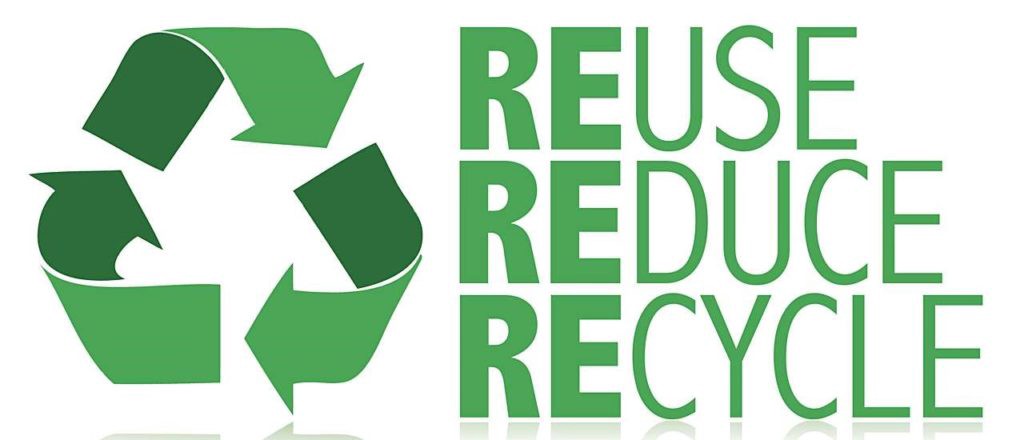How to Make Your Lifestyle More Green
This article is a post that comes from Greening Forward’s legacy blog. It was originally written by a partner organization on November 25, 2019.
Published: Dec 20, 2020

Nowadays living a greener lifestyle is becoming easier than ever. There are many small changes you can make every day that has a lasting environmental impact. While it might feel as though going green is a difficult task at first, it’s important to remember that you can always start with a few simple switches. Consider the tips below the next time you’re looking for ways to make your lifestyle greener.
Try a Diet Change
Believe it or not, eating meat can have a negative impact on our planet. When land is used to raise animals rather than crops, natural resources such as water, soil, and trees are lost. Not to mention, untreated animal waste can pollute rivers and streams. This has led to animal agriculture emits more greenhouse gases than all of the world’s transportation systems combined.
A great way to combat this issue and live a more green lifestyle is to reduce the amount of meat in your diet. However, this does not mean that you have to cut meat out of your diet completely. Instead, try to incorporate more vegetables into your daily meals and purchase produce from local farmers or vendors when possible. Not only will this help reduce your carbon footprint, it will also reduce the number of harmful fuels emitted from the transportation of food to grocery stores.
Carpool
Every year, the average American spends over 430 hours driving, emitting about 10,000 pounds of carbon dioxide and 600 pounds of carbon monoxide. Each passenger car also consumes around 550 gallons of gasoline a year. Additionally, the average American household uses over 1,100 gallons of gasoline annually.
Carpooling could be your step towards a greener lifestyle. The next time you’re planning on meeting your friends at the mall or you’re headed to the movie theater, consider riding together. The fewer solo trips you make, the smaller your carbon footprint will be collective!
Recycle
Recycling is perhaps the most common form of green living. Properly disposing of used and old items ensures that they don’t end up in harmful landfills, and in some cases allow these items to be reused again in the future. Though you might feel as if you already have recycling down, be sure to cover all of your bases.
Some of the more difficult items to recycle include shredded paper, pizza boxes, clothing, and batteries. If you’re looking for a guide on how to recycle everything in your home, be sure to do your research. For specific items like greasy pizza boxes or batteries, the process might be slightly more difficult. However, other harder to recycle items can be disposed of easier than you might think. Clothing, for example, can be donated locally or can be recycled and shipped right from your home using online closet cleanout services. However, you choose to recycle, make your lifestyle more green by working hard to recycle in all areas of your life.
Practice Reuse
Besides recycling, it’s also important to reuse. Purchasing reusable products is the perfect way to green up your lifestyle. If you haven’t already joined the reusable water bottle craze, now is a great time to go out and buy one. Beyond just water, consider sipping your coffee in a reusable to-go mug as well. Most, if not all, coffee shops will refill your travel mug without question, giving you your caffeine fix the sustainable way.
If you’re unsure of where to start when it comes to reusing more in your everyday life, take a look at the areas in your life where you feel you create the most waste. In most cases, our kitchen and bathroom trash tend to be overflowing. Whether this means you start to buy your shampoo in bulk, or you look for reusable ziplock bags, your options are almost endless.
Take Shorter Showers
Whether you’re returning from playing in a sporting event, or you simply want to unwind from a long day, it’s tempting to take a more lengthy shower than necessary. If you’re truly hoping to live a greener life, it’s best to try shortening the showers you take. Beyond water conservation, shortening your shower will also save energy as well. Heating your water at home requires extra energy that will contribute to your carbon footprint in a nonessential way. Try timing yourself the next time you shower just to see how many extra minutes you can cut out.
For the most part, it’s the small things like taking shorter showers and carpooling with friends that can have a larger impact over time. As you make the change to a greener lifestyle try not to get stuck on the bigger changes you need to make, and instead, start small.